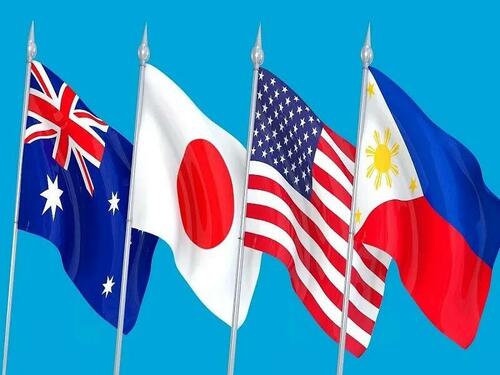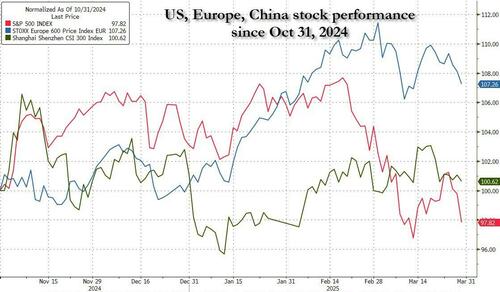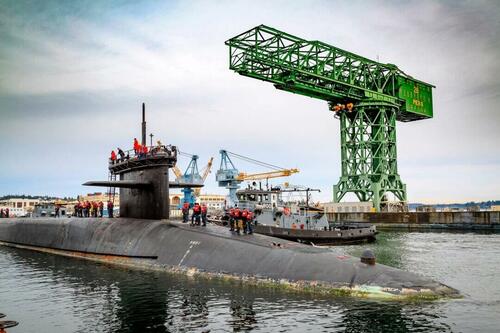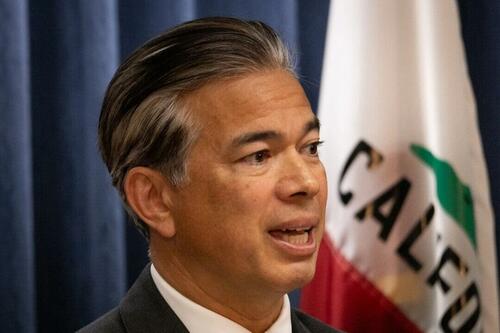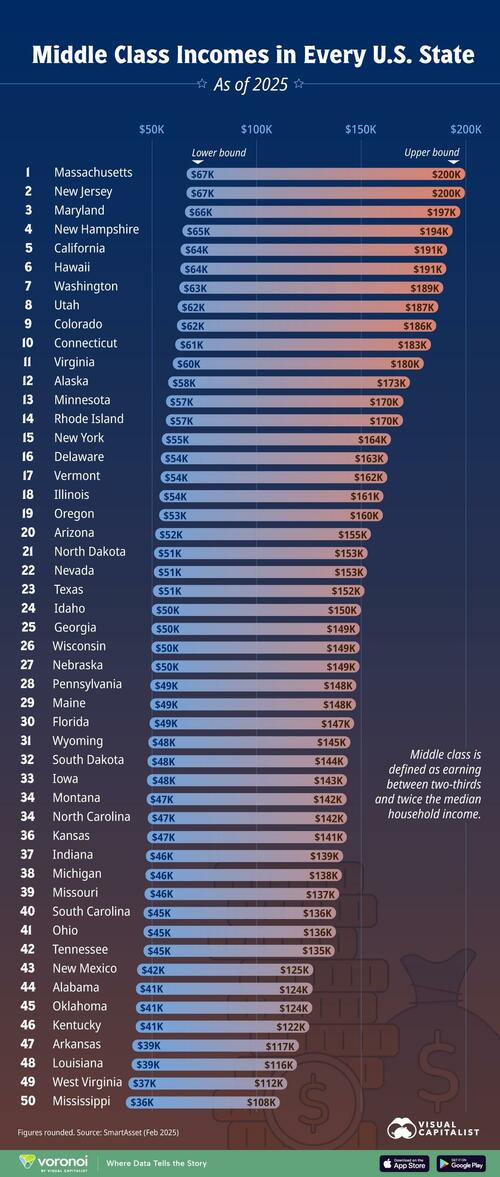Will India Join The Asian “Squad”?
Will India Join The Asian “Squad”?
Authored by Andrew Korybko via substack,
Chief of Staff of the Armed Forces of the Philippines Romeo Brawner invited India to join the Asian “Squad” while speaking at the latest annual Raisina Dialogue security forum in Delhi. This neologism was reportedly coined by Pentagon officials last spring to refer to the multilateral cooperation between the US, Australia, Japan, and the Philippines. Brawner suggested that India can participate through the sharing of intelligence on their “common enemy” China. Here are five background briefings:
* 16 June 2023: “The US’ Nascent Trilateral Alliance With Japan & The Philippines Will Integrate Into AUKUS+”
* 27 January 2024: “Why’s Russia Letting India Export Jointly Produced Supersonic Missiles To The Philippines?”
* 29 March 2024: “India’s Support Of The Philippines In Its Maritime Dispute With China Isn’t Related To The US”
* 6 May 2024: “The US’ Newly Formed Asian ‘Squad’ Has Strategic Implications For India”
* 18 February 2025: “The Latest Modi-Trump Summit Showcased India’s Multi-Alignment Strategy”
To summarize, the Philippines is becoming the centerpiece of the US’ planned “Pivot (back) to Asia” for more muscularly containing China, which will de facto expand the AUKUS alliance throughout the region. India is a founding member of the Quad alongside the US, Australia, and Japan, but it fiercely safeguards its hard-earned strategic autonomy and won’t subordinate itself to the US like the other two and the Philippines will in spite of its problems with China, which is why it wasn’t included in the “Squad”.
India and China also entered into a rapprochement after their leaders met on the sidelines of October’s BRICS Summit in Kazan, with the US being inadvertently responsible for this process as explained here at the time, yet tensions still remain. Trump’s return to the presidency changed India’s strategic calculations, however, since he’s tough on China and is prioritizing the “Pivot (back) to Asia”. The US’ grand strategic reorientation to that part of Eurasia will give India a larger role in American planning.
Indian policymakers might therefore see value in sharing intelligence on China with their Philippine partner, who’s one of the US’ mutual defense allies, through the “Squad” format. This could even lay the basis for a new “Five Eyes” intelligence-sharing alliance. Further ingratiating India with the Pentagon’s planning vis-à-vis China, so long as India retains its hard-earned strategic autonomy this entire time, might also result in less trade and tariff pressure from Trump or so Indian policymakers might think.
On the flipside, India could risk provoking China and thus further complicating their already difficult rapprochement if Beijing interprets this as signaling Delhi’s impending subordination to Washington, in which case their border tensions could once again worsen and last fall’s progress would be reversed. The bilateral sharing of intelligence with the Philippine would also likely be viewed as provocative by China but it would still be qualitatively different than India’s de facto or formal inclusion in the “Squad”.
Accordingly, one possibility is that India comprehensively ramps up its security cooperation with the Philippines without multilateralizing this through the “Squad”, all while communicating to the US how sensitive this issue…

